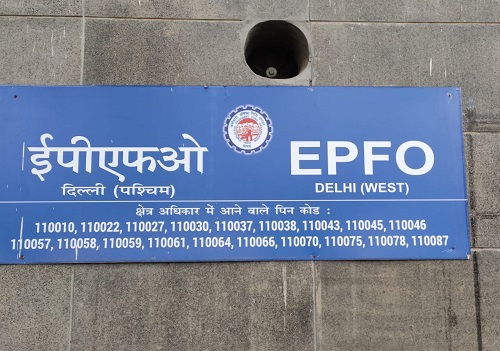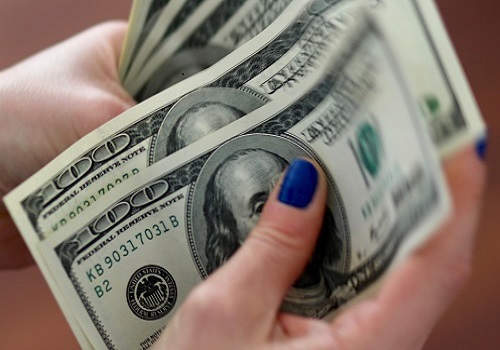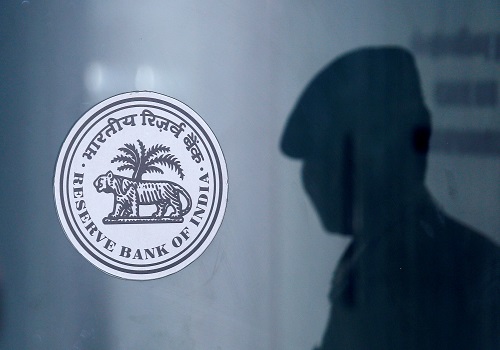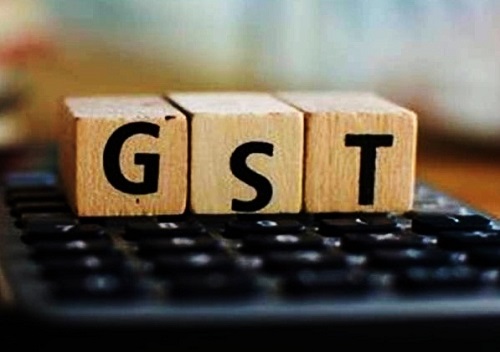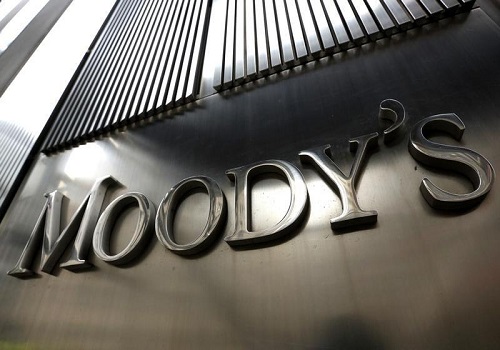Supreme Court rules against extending moratorium on bank loan repayments
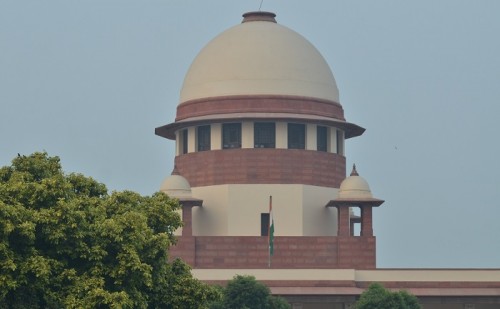
Follow us Now on Telegram ! Get daily 10 - 12 important updates on Business, Finance and Investment. Join our Telegram Channel
NEW DELHI/MUMBAI - India's top court on Tuesday rejected an attempt to extend a six-month moratorium on loan repayments to banks, but ruled that no borrowers can be charged any extra interest incurred on loans during that period, which ended in August last year.
The judgement came as a relief to bank investors and India's Nifty PSU bank index, which tracks state-run banks, rose as much as 3.93% while the Nifty Bank index rose as much as 2.07% following the verdict.
The Reserve Bank of India (RBI) had allowed banks to offer a repayment moratorium to borrowers for six months from March last year after a government-imposed COVID-19 lockdown.
However, borrowers said that extra interest accrued during the moratorium that would be charged after repayments restarted would have the effect of increasing the burden on them.
India's top court rejected pleas to extend the moratorium, and said the government and central bank rather than the judiciary decide on economic policy based on expert opinion.
Justice M. R. Shah said the issues facing borrowers had been addressed in steps taken by the RBI and the central government.
But Shah added that the court had judged that "there should not be any charging of interest on interest".
Indian banks had hoped borrowers would not be given further respite beyond the waiver on compound interest for loans up to 20 million Indian rupees ($276,000) for six months, the interest burden the government had agreed to bear to compensate banks.
The court, however, said all borrowers, irrespective of the loan amount or category, should get a waiver and have interest, if it had already been charged, refunded in some form by banks.
"We had estimated the total impact on all loans could be around 150 billion rupees," Suresh Ganapathy, research analyst at Macquarie wrote in a note.
The government if it decides to compensate banks for all categories and size of loans as directed by the top court and not just those up to 20 million rupees, would now have to shell out an additional 100 billion rupees, he added.
INTERIM RELIEF LIFTED
India's top court also lifted an earlier interim stay which had prevented banks from recognising bad loans.
Indian banks are already struggling under bad loans of more than $120 billion and this burden is expected to increase further due to the economic stress caused by the pandemic.
After an initial court filing, in September last year the court ordered banks not to declare accounts that were standard as of the end of August as non-performing assets, either for a period of two months or until further notice.
The RBI has warned that gross non-performing assets, which were around 8.5% of total assets in March 2020, may increase to around 15% in a severe stress scenario.
($1 = 72.3350 rupees)
(Additional reporting by Nupur Anand; Editing by Christopher Cushing; Editing by Kenneth Maxwell)










Tag News

Monthly Debt Market Update, September 2023: CareEdge Ratings





 320-x-100_uti_gold.jpg" alt="Advertisement">
320-x-100_uti_gold.jpg" alt="Advertisement">


